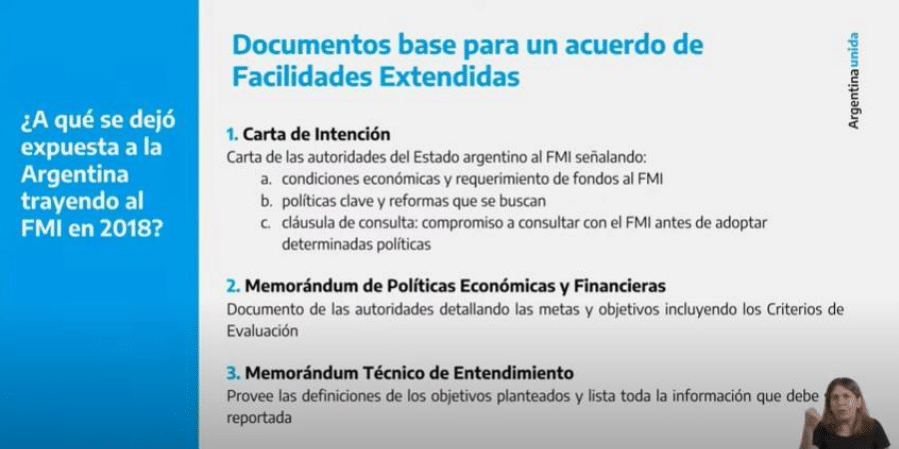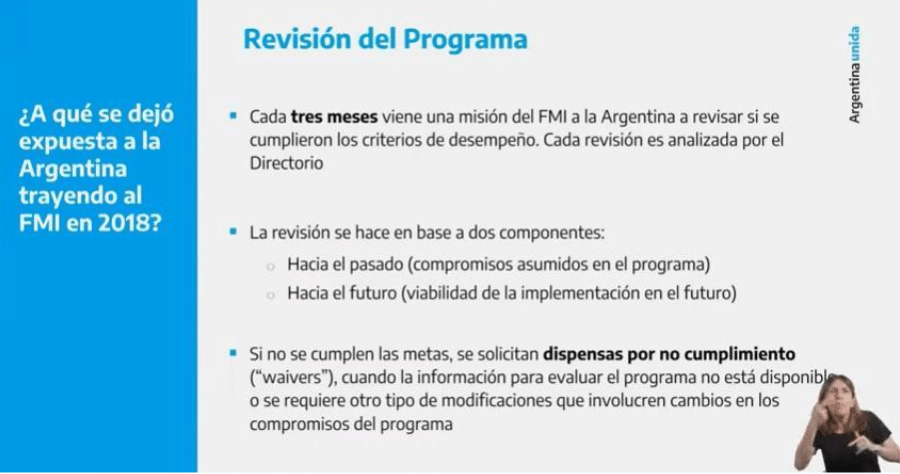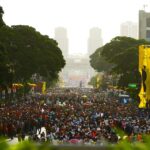
Featured image: Alberto Fernández (left), president of Argentina, delivers his State of the Nation address at the opening session of the Congress, with Vice President Cristina Fernández present on stage (right), March 2021, Buenos Aires, Argentina. Photo: Senate Press/telam/dpa.






